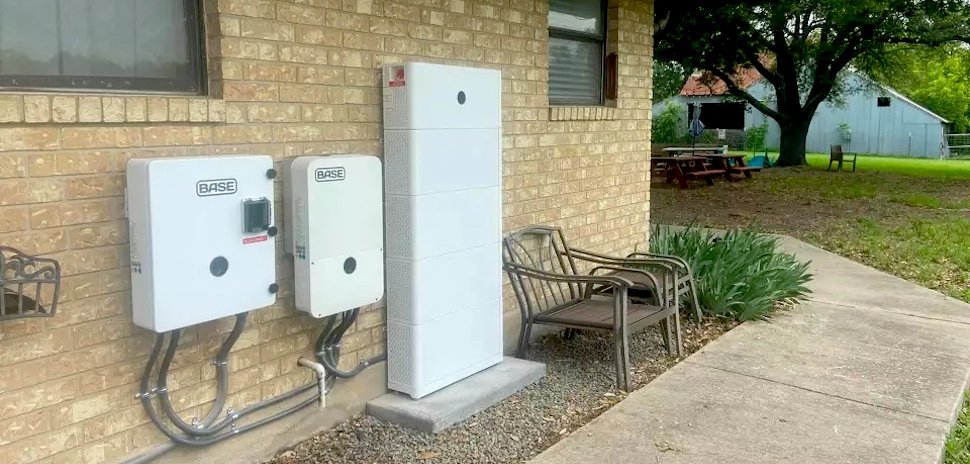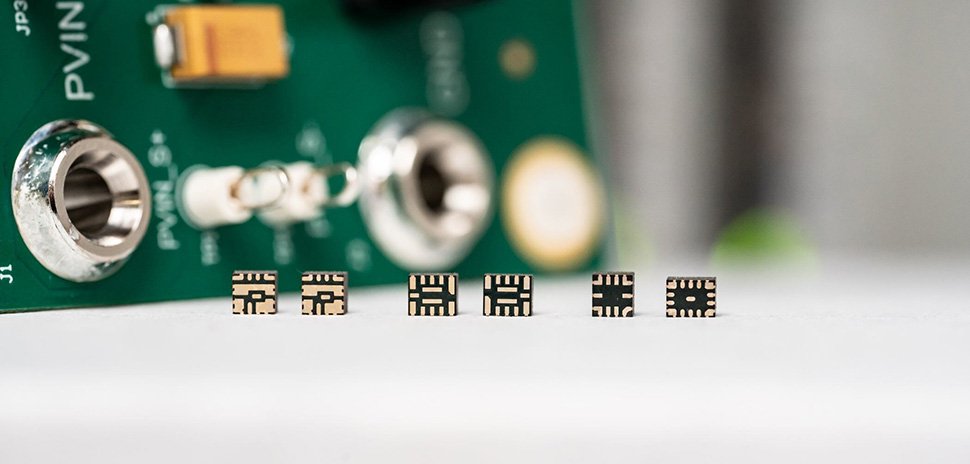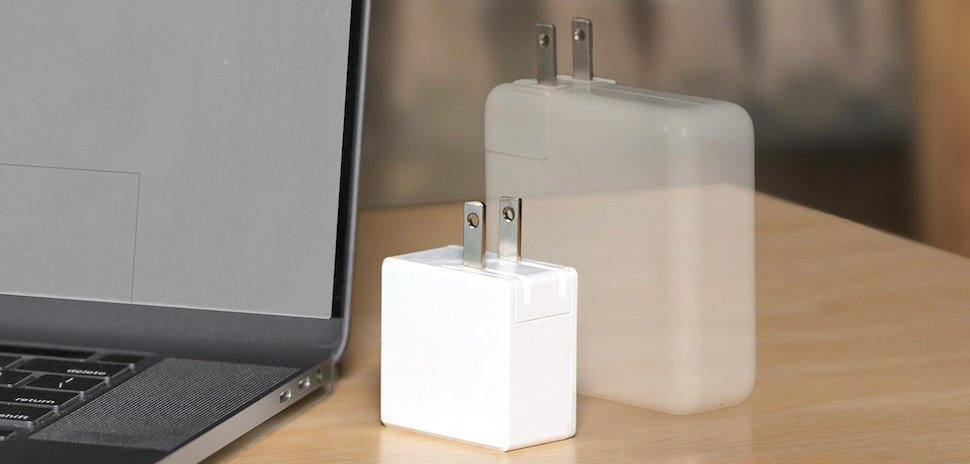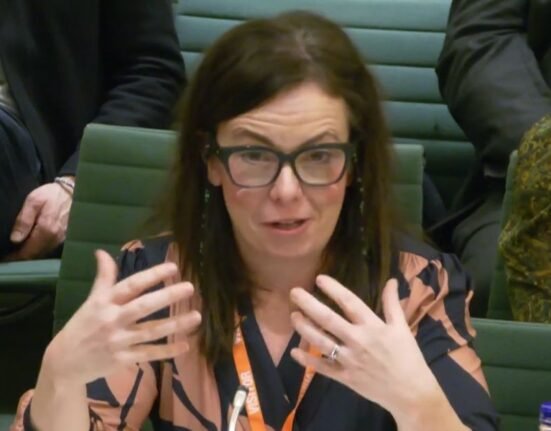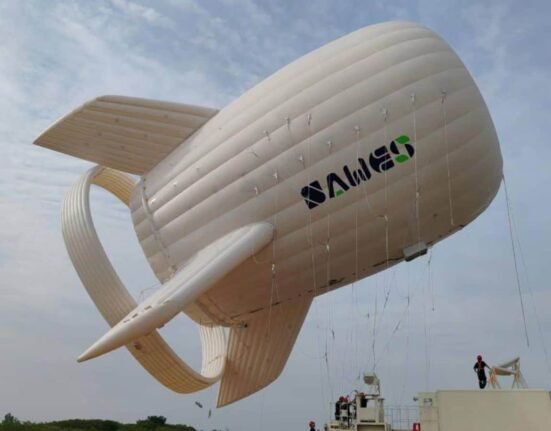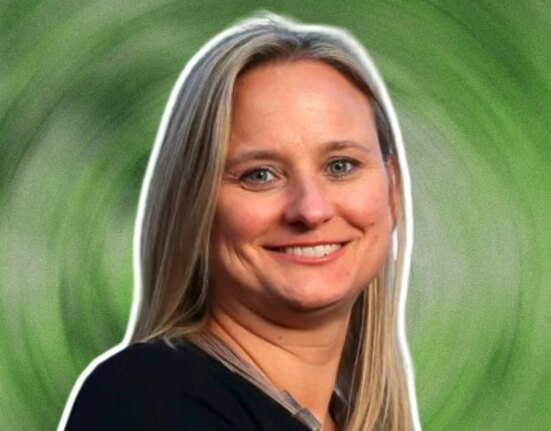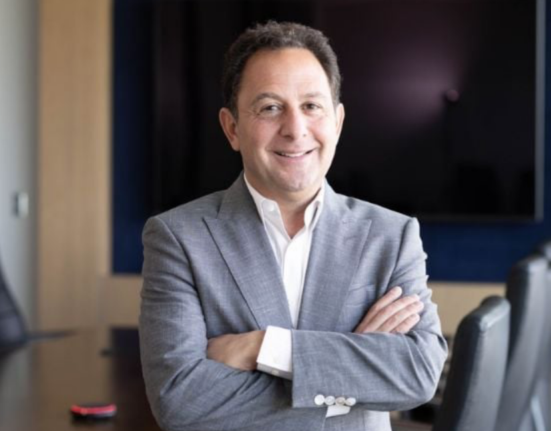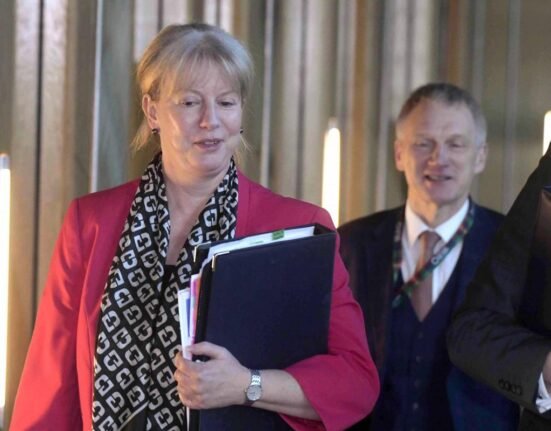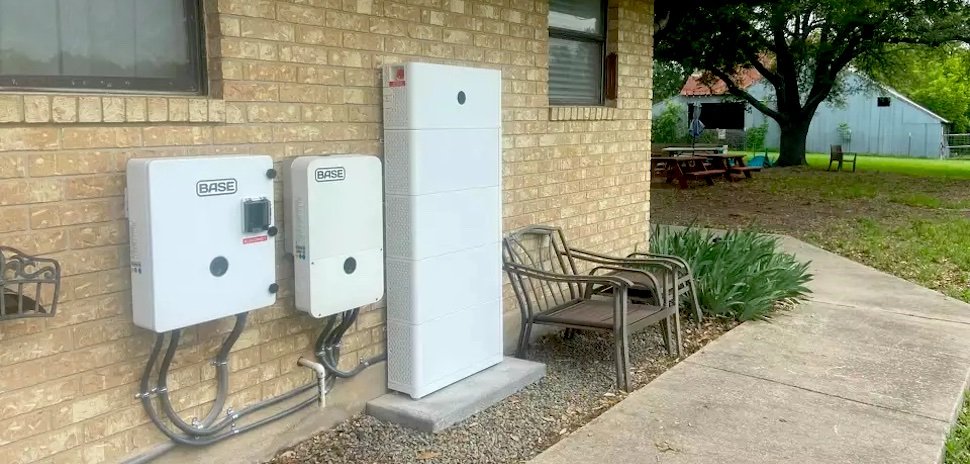
Base Power home battery installation. [Photo: Base Power]
Most North Texas homes rely solely on the electrical grid—which means they go dark and hot or cold during blackouts, for hours or days at a time. The exception: a homeowner whose home glows like a lighthouse amid the midnight dark of shivering—or sweltering—nearby neighbors, thanks to a roof packed with solar panels and an expensive battery system, or a pricy gas-powered generator thrumming away in the back yard.
The first solution costs nothing extra, but can be awful in a blackout. (Goodbye fridge contents, for starters.) The second solution can make you the envy of the neighborhood, but at upfront price of tens of thousands of dollars.
Aiming to bridge this gap is Austin-based Base Power, co-founded in 2023 by CEO Zach Dell—son of Dell Founder and CEO Michael Dell—and COO Justin Lopas. After launching in May in the Austin area, the startup announced today that it’s expanding to Dallas-Fort Worth.
Home battery installation for $3K

CEO Zach Dell
On one level, Base is like other licensed electricity providers who’ll take over service to your home in exchange for a monthly bill. The difference: for $3,000, Base will install a home battery, delivering a source of backup power “for nearly 1/10th of the cost of other backup batteries or generators.” (Base will continue to own and maintain the battery itself.)
Base says when a blackout occurs, its home battery can power a home’s needs from 6 to 24 hours, “depending on household energy usage.” The company says its solution protects customers from 97% of outages.
“The pain every Texan feels in the summer and the winter is a preview of what may come nationwide,” CEO Zach Dell said in a statement. “Our aging energy systems are not fit to harness our increasingly renewable and intermittent power supply, and we are unprepared for growing demand from Texas’s growth and the electrification of our economy. Base Power is the key to unlocking an energy abundant future through dispatchable, distributed battery storage.”
No need for solar, but integration is available

COO Justin Lopas
Base says it’s “the first and only company to offer customers a home battery, energy service, and installation all-in-one—with no requirement of solar installation.” However, existing solar panels can be integrated to Base’s system to add backup power, with the company offering “the best solar buyback rates across Texas.”
For those solar-powered households, Base says customers will get credit for all their solar overproduction—whether it goes into the battery or back to the grid—at a rate of “real-time wholesale plus 3¢/kWh.”
In addition, homeowners can, if desired, install their own solar panels at a later date and have them integrated into Base’s system.
Aiming to serve as a ‘virtual power plant’
Besides its impact on individual households, Base says it aims to bolster the Texas grid by operating as a “virtual power plant.”
“When the grid is up and running, the Base battery will improve grid stability, and, when the grid goes down, Base will protect customers’ homes from power outages,” the company said. “By switching to Base and installing a Base battery, customers will gain access to reliable backup and competitive energy rates, without the high upfront costs of traditional home batteries or generators.”
Currently, Base says its current rate is 13.5 ¢/kWh “all-in” for energy consumption, including the energy charge and all transmission and delivery fees.
When an outage occurs, Base says it notifies customers of their expected battery duration, offering tips to extend their coverage and a timeline for grid power restoration.
The company says it expects to be available in Dallas in early 2025. It now has a waitlist up on its website.
![]()
Get on the list.
Dallas Innovates, every day.
Sign up to keep your eye on what’s new and next in Dallas-Fort Worth, every day.

